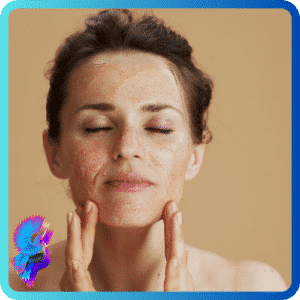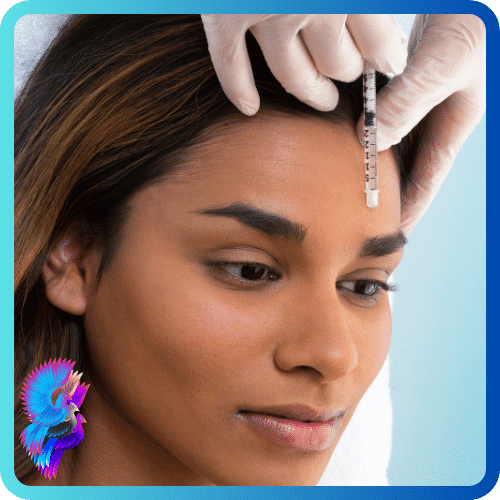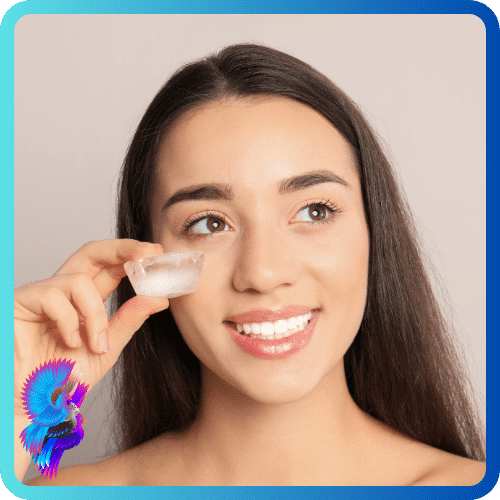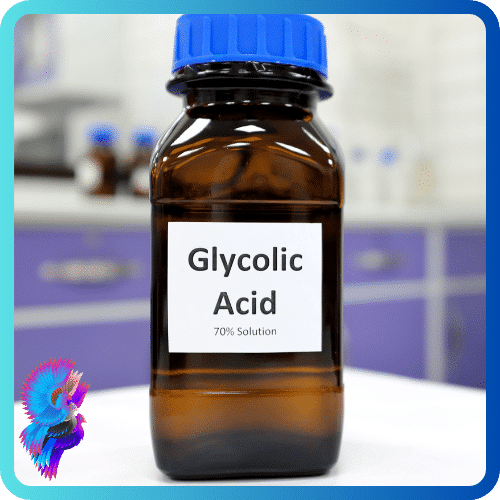Advertisements
How to Choose the Right One for Your Skin
If you are looking for a way to improve your skin’s appearance, texture, and tone, you might want to consider getting a chemical peel.
A chemical peel is a cosmetic procedure that involves applying a solution of exfoliating acids to the skin, causing it to peel off and reveal a new layer of smoother, brighter, and more even skin.
Chemical peels can help with various skin concerns, such as aging signs, sun damage, acne, scars, and hyperpigmentation.
However, not all chemical peels are the same.
Different types of chemical peels vary in their strength, ingredients, and effects.
Depending on your skin type, condition, and goals, you might benefit from one type of peel more than another.
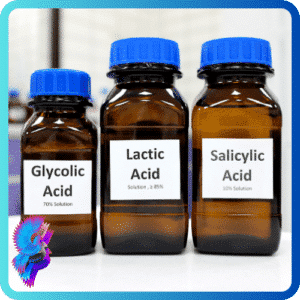
In this article, we will introduce you to five common types of chemical peels: glycolic, lactic, vitalize, pigment balancing, and beta peels.
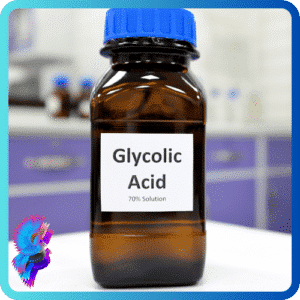
Glycolic Peel:
A glycolic peel is one of the most popular and effective types of chemical peels. It uses glycolic acid, an alpha hydroxy acid (AHA) derived from sugar cane, to penetrate deep into the skin and dissolve the bonds that hold dead skin cells together.
A glycolic peel can help improve the appearance of fine lines, wrinkles, pores, dullness, and uneven skin tone.
It can also stimulate collagen production and enhance the absorption of other skincare products.
A glycolic peel can range from mild to strong depending on the concentration of glycolic acid used.

Lactic Peel:
A lactic peel is another type of AHA peel that uses lactic acid, a natural substance found in sour milk and yogurt.
A lactic peel is gentler than a glycolic peel and is ideal for dry or sensitive skin types.
It can help hydrate, soften, and brighten the skin and reduce the appearance of dark spots and hyperpigmentation.
A lactic peel can also help balance the skin’s pH level and prevent bacterial growth.
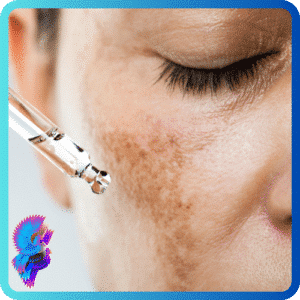
Vitalize Peel:
A vitalized peel is a type of superficial peel that combines citric acid, lactic acid, salicylic acid, and retinol to improve the quality and lighten the pigmentation of the skin.
It can help address various skin issues such as sun damage, acne scars, melasma, and fine lines.
A vitalized peel is gentle on the skin and has minimal downtime.
You might notice some mild redness and flaking after the procedure, but you can usually resume your normal activities the next day.
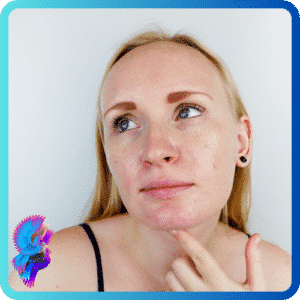
Pigment Balancing Peel:
A pigment-balancing peel is a type of peel that targets hyperpigmentation and uneven skin tone.
It uses a blend of 40% glycolic acid, lactic acid, emblica, kojic acid, and vitamin C to exfoliate the skin and inhibit melanin production.
It can help fade dark spots, freckles, age spots, melasma, and post-inflammatory marks. It can also brighten the skin and boost its radiance
.
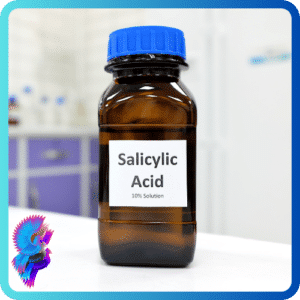
Beta Peel:
A beta peel is a type of peel that uses beta hydroxy acid (BHA), such as salicylic acid or mandelic acid, to treat acne-prone and oily skin types.
A beta peel can help unclog pores, reduce oil production, control inflammation, and kill acne-causing bacteria.
It can also help smooth out rough texture and minimize the appearance of acne scars.
How to Choose the Right Chemical Peel for Your Skin
As you can see, many types of chemical peels can help you achieve your skincare goals.
However, before you decide to get one, you should consult with a licensed professional who can assess your skin condition and recommend the best option for you.
You should also follow their instructions on how to prepare for and care for your skin after the peel to ensure optimal results and avoid complications.
Chemical peels are a great way to rejuvenate your skin and reveal a more youthful and radiant complexion.
If you are interested in getting a chemical peel or learning more about them, follow this series of articles to learn everything about the chemical peel.
Advertisements

